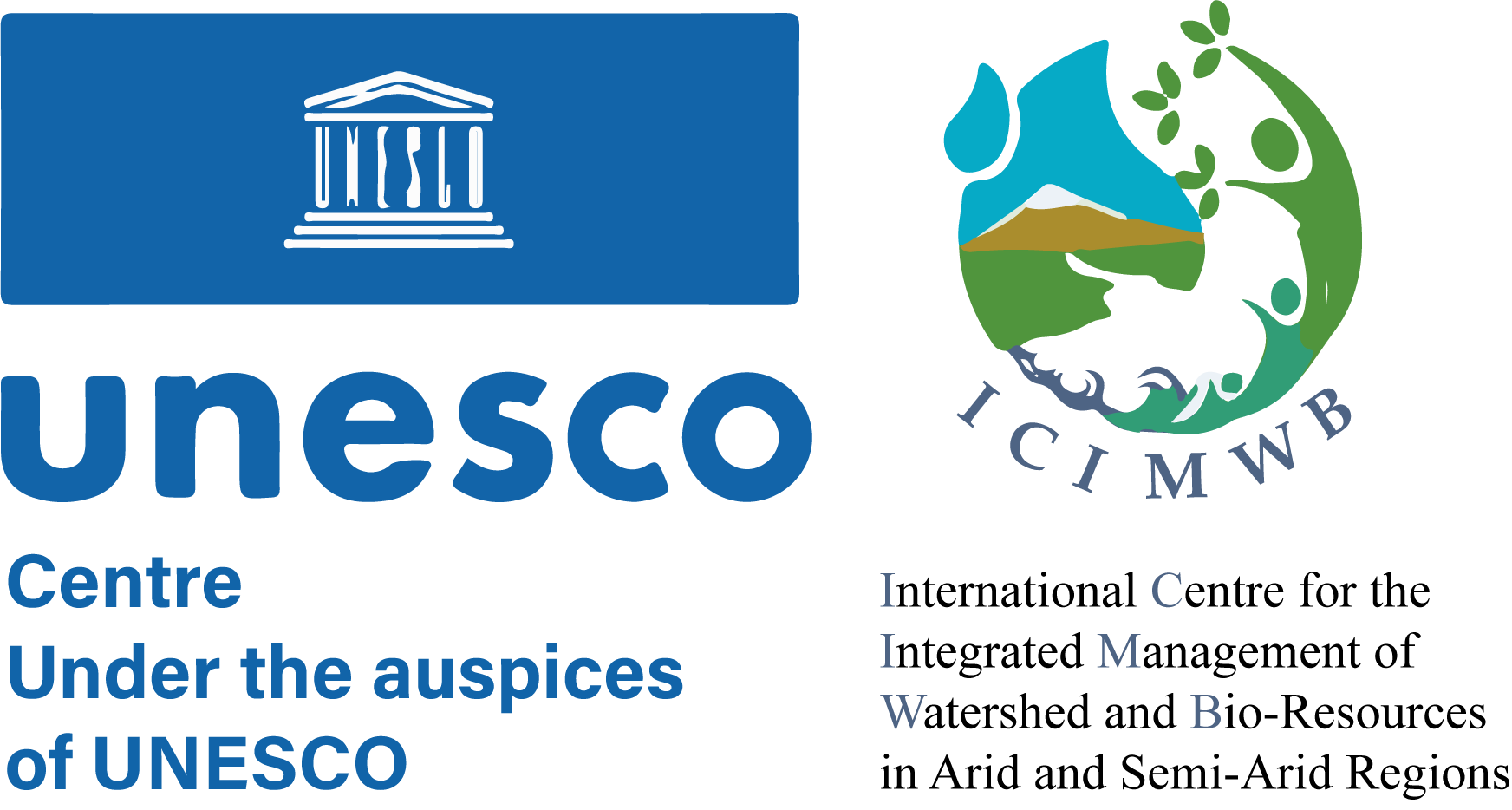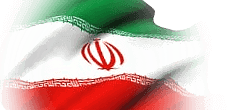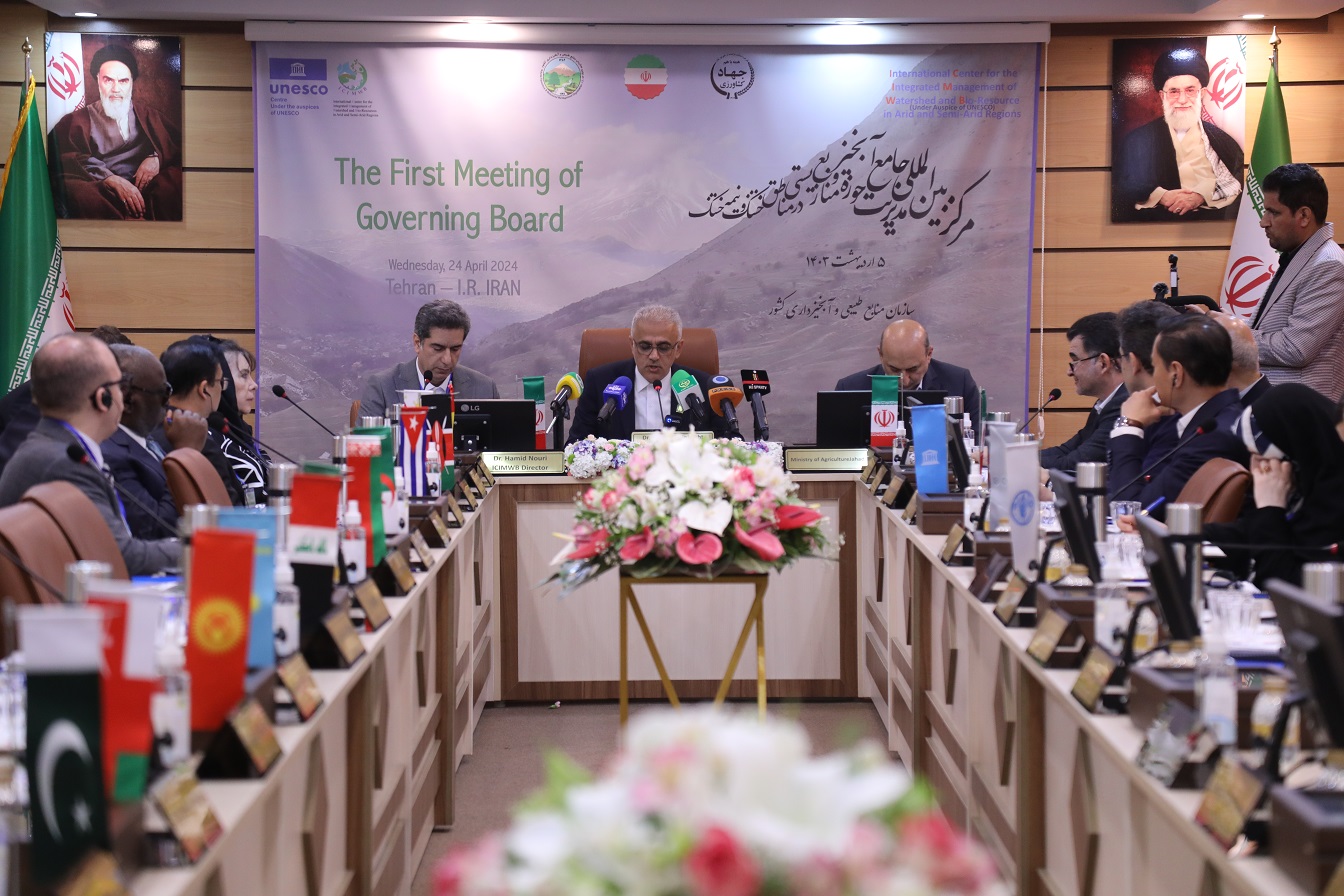" First Governing Board Meeting of the International Center for Integrated Management of Watershed and Bio-Resources in Arid and Semi-Arid Regions (ICIMWB)"
Head of the Governing Board speech
Opening Speech:
In the name of Allah, the Most Gracious, the Most Merciful.
Greetings,
Esteemed guests, honorable attendees, Ladies, Gentlemen,
I welcome your presence at the "First Governing Board Meeting of the International Center for Integrated Management of Watershed and Bio-Resources in Arid and Semi-Arid Regions (ICIMWB)". I would like to express my gratitude for accepting the invitation extended to representatives from invited countries, the esteemed representative from the UNESCO headquarters in Paris, the UNESCO Tehran Office, the National Commission for UNESCO, universities, research institutes, and scientific centers for their efforts and contributions leading to the organization of this meeting.
I consider the establishment of this center in the Islamic Republic of Iran as an appropriate opportunity to elucidate the roadmap for Integrated Management of Watershed areas. It is essential to utilize the experiences and lessons learned from regional countries to advance the desired goals nationally, as well as to enhance regional and international cooperation to address environmental challenges such as climate change, deforestation, habitat destruction, biodiversity loss, and desertification.
Dear Audience
A review of the history of actions taken to combat water and soil degradation and environmental resources indicates that this challenge has broad dimensions and encompasses many economic, social, and cultural aspects at local, national, regional, and transregional levels. Moreover, especially in recent decades, it has become apparent that there is a close relationship between biodiversity, climate change, deforestation, land degradation, expansion of chemical pollution, water crisis, and other threatening challenges to land resources that impact all countries worldwide and pose a widespread threat to all inhabitants. The reality is that today water, soil, plants, animals, and the livelihood of human beings residing on the earth are closely interconnected. Soil erosion upstream can lead to river pollution downstream, practically sedimenting water reservoirs behind dams and jeopardizing water resource exploiters and the socio-economic infrastructure of communities downstream of these dams by reducing the volume of water in these reservoirs and destabilizing water reserve resources.
The above examples clearly illustrate the multiplicity and diversity of factors that play a role in land degradation from various biophysical, economic, and social aspects. Without a doubt, the management of watershed and natural resources requires achieving comprehensive and harmonized patterns in sustainable development programs. The objectives, responsibilities, and proposed programs that are placed on the agenda of the assembly as a work plan, through the utilization of past experiences and lessons learned, and the assessment and analysis of existing opportunities and threats, have provided an appropriate framework for achieving comprehensive watershed management and aligning this program with other macro-level development programs at national, regional, and international levels. Certainly, by hosting this meeting and by examining the challenges and strengths and weaknesses of proposed programs, and receiving valuable feedback and opinions from participants and honorable members of the council, will facilitate and accelerate the effective capacity building and strengthening of cooperation with international institutions in the field of comprehensive watershed management.
Ladies and Gentlemen:
Over the past half-century, the Islamic Republic of Iran has undertaken extensive measures within the framework of comprehensive watershed management improvement programs to protect the land. The outcome of these efforts has been the implementation of over 30 million hectares of watershed management and aquifer restoration operations in critical watershed areas of the country, as well as preserving and developing forest resources, controlling water and wind erosion, organizing the management and exploitation of rangelands, and strengthening community-based organizations and local communities in protecting and safeguarding ecosystems in Arid and Semi-Arid regions.
Furthermore, in recent years, significant activities have been carried out in preserving, restoring, developing, and sustainably utilizing bioresources in the country, including the popular initiative of planting one billion trees. The execution range of this initiative encompasses, besides forest areas, many fragile environments located in Arid and Semi-Arid regions suffering from degradation and desertification. This initiative can be considered as part of the large-scale "A Belt and a Road" project and is intended to connect the ecological links of countries in the region from China to the countries of Central and Western Asia.
In elucidating the approaches to integrated watershed and natural resources management, we must strengthen the identification and sharing of knowledge on enhancing adaptability and resilience to the effects of climate change for sensitive and vulnerable communities. In this regard, public participation, especially involving youth, women, and vulnerable groups, is central as a strategic approach and is supported for improving and enhancing sustainable and flexible livelihoods.
Distinguished guests
The current conditions of land degradation in all parts of the world especially in the Asian region require that any national programs for the management of biological resources be defined in coordination with the countries of the region. The fact is that so far we have not used the local and modern knowledge capacity and valuable experiences of our country in the management of water and soil resources and in the international area as it should be. The role played by the International Center for Comprehensive Management of Watersheds and Biological Resources in arid and semi-arid areas provides the opportunity to strengthen Iran's powerful and influential position in international specialized fields and expand knowledge and awareness in the field of integrated management of watersheds
Dear audience
International Center for Integrated Management of Watershed and Bio-Resources in Arid and Semi-Arid Regions (ICIMWB) is the first category 2 UNESCO center related to integrated watershed management in the world and is located in the Islamic Republic of Iran. At first, the Iranian government presented a plan for the establishment of the International Center for Comprehensive Management of Watersheds and Biological Resources, which was approved in the 38th General Assembly of UNESCO, and based on that, an agreement was signed for the establishment of this center by the Director General of UNESCO and the Minister of Agricultural Jihad of Iran on September 2020 was signed. After signing the agreement, this center officially started its activity in April 2022
Among the expected achievements of this meeting will be the active participation of the members of the Council, the membership of the invited countries in the Council of Governors, the sharing of knowledge and experiences of Integrated Management of Watersheds, and the scientific, technological and financial support of various institutions and departments of the United Nations.
Once again, I express my gratitude to all those involved in organizing this meeting and wish health and prosperity to all esteemed participants.
Closing speech:
In the name of the Merciful and Compassionate God,
"O Prophet, with the overflowing mercy of God, you are gentle and kind towards the people; if you had been harsh and hardhearted, they would have scattered from around you. So, pardon them, ask forgiveness for their sins, and consult with them. Once you make a decision, trust in God. Surely, God loves those who trust in Him."
Quran, Surah Al-Imran, Verse 159
Dear guests, Ladies, Gentlemen,
I congratulate the successful conduct of the "First Governing Board Meeting of the International Center for Integrated Management of Watershed and Bio-Resources in Arid and Semi-Arid Regions (ICIMWB)" and express my gratitude and appreciation to the honorable members and participants, as well as all those involved in planning, organizing, and supporting the event. I hope that the decisions and outcomes of this meeting will pave the way for stronger international collaborations in identifying, producing, and sharing knowledge and experiences in the management of watershed areas and biological resources for sustainable development at national, regional, and international levels. I call upon all representatives of invited countries to consider officially applying for membership in the Governing Board of this center if they so desire.
I assure the complete support of the Government of the Islamic Republic of Iran for the agreement to establish the International Center for Integrated Management of Watershed and Bio-Resources in Arid and Semi-Arid Regions (ICIMWB), with the collaboration of UNESCO. I hope that through the involvement of other countries at the regional and international levels, and by leveraging the capacities of international conventions and relevant UN agencies, particularly FAO and UNESCO, this international center can effectively:
Improve strategic planning towards sustainable development, forest protection, rangeland conservation, and ecosystem health for enhancing food security, water security, and ecological sustainability.
Strengthen international, regional, national, and local infrastructures, organizational capacity building, and stakeholder engagement in managing the supply and demand of natural resources with the participation of UNESCO.
Engage in monitoring and evaluating the watershed health of neighboring countries, critical international and national watersheds, contribute to the effectiveness of watershed management, investment efficiency, and biodiversity ecosystem indicators with UNESCO.
Identify and develop local knowledge of countries and integrate it with innovations and knowledge-based technologies for modeling and optimizing management in vulnerable ecosystems and regions experiencing significant risks and economic and social challenges with the cooperation of UNESCO.
Promote and expand a culture of interactive and dynamic relations with the changing world by enhancing forest cover (one-billion tree planting initiative), improving and developing rangelands and water ecosystems, and empowering local communities and cities to cope with climate change, and sustainable utilization of biological resources, emphasizing education for children and women as the future builders of the world.
Through the identification and development of indigenous knowledge of countries and its integration with innovations and knowledge-based technologies for modeling and optimizing management in vulnerable and priority ecosystems experiencing greater risks and larger economic and social challenges.
By promoting and expanding a culture of dynamic and adaptive interaction with a changing world through increasing forest cover (such as the billion-tree planting initiative), improving and developing rangelands and aquatic ecosystems, as well as educating and empowering local communities and cities to address climate change and engage in sustainable use of biological resources with an emphasis on educating children and women as future world builders.
Through planning within the framework of water accounting, carbon trading, and the utilization of the Water-Food-Energy Nexus in the context of the "Nexus of Water, Soil, Climate, and Ecosystem" to comprehensively manage watershed areas with the aim of aligning international programs to combat desertification, improve and develop rangelands, watershed management and aquifer restoration, and forest development to enhance regional economic and social resilience.
Act towards identifying and sharing successful experiences and lessons learned in adaptable models of integrated watershed management at various levels and cooperate with UNESCO.
Ladies, Gentlemen,
This session represents a milestone in the unity of sustainable water and soil resource management activities, and I hope that with the effective actions of the center and support from all stakeholders, a significant step towards achieving sustainable development goals can be taken. Undoubtedly, nature-based solutions are the best and most compatible methods for preserving the Earth's heritage for future generations.
In conclusion, I thank all those involved in organizing this meeting and consider its lessons learned as a turning point in integrating sustainable water and soil resource management activities. I hope that the impactful actions of the center, combined with the support of all stakeholders, will lead to significant progress toward achieving sustainable development goals.
Once again, I express my gratitude to all those involved in organizing this meeting and wish health and prosperity to all esteemed participants.










![]() ارسال به دوست
ارسال به دوست